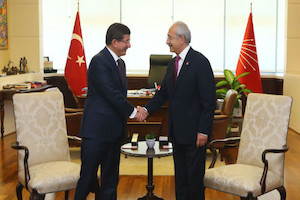Social Democracy - The Way Out of Turkey's Impasse?
By Thomas Helm
April 16, 2018
A new focus on everyday economic and labour issues as part of a wider call for social democracy that transcends identity politics could serve as a new rallying cry in Turkish politics. At the moment there is a significant gap. While the ruling Justice and Development Party (AKP) continues to push its pro-business and anti-worker policies, the officially social democratic opposition party, the Republican People’s Party (CHP) has been reluctant to speak out against the widespread labour injustice, preferring to focus on issues of democracy and corruption. Social democracy as a broad coalition between lower- and middle-income groups that transcends identity politics would also help secure democracy in Turkey.
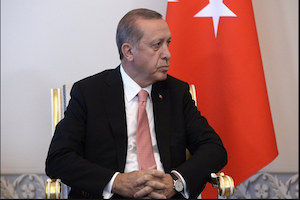
Momentum, Societal Militarization and Erdoğan's Forever Wars
By Gareth H. Jenkins
April 3, 2018
The conquest of Afrin in northwest Syria has boosted President Erdoğan’s popular support and raised expectations amongst his supporters at a time when they already believe that they are active participants in a sacred struggle. But, with Russia, Iran or the US expected to block any further attempts at major territorial acquisitions in Syria or Iraq, Erdoğan is running out of options and in danger of losing electoral momentum long before Turkey is due to go to the polls in November 2019.
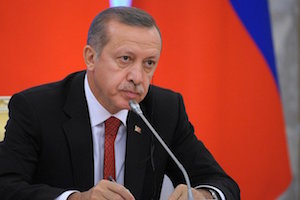
How Neoliberal is Turkey?
By Thomas Helm
March 8, 2018
A “neoliberal” consensus has reigned in Turkish politics since the 1980s. Yet far from being rolled back, the state has in fact been actively “rolled forward.” Various aspects of neoliberalism have been assimilated into an authoritarian system. The system features a combination of a liberalized economy with weak trade unions, poor workers’ rights and a strong state with a pervasive, centralized crony-capitalism. It has come at a significant social cost and relies on potentially unstable growth.
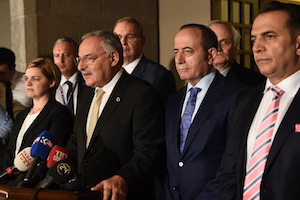
An Uncertain Future for the Turkish Armed Forces
By Lars Haugom
September 26, 2017
The secularist identity of the Turkish armed forces is being dismantled in piecemeal ways by the AKP government. There is a risk that the comprehensive changes that are now underway will further exacerbate ideological and political factionalism within the officers’ corps. Ultimately, the politicization of the military and the attempts at its traditional, secularist ethos could provoke a crossing of swords between religious-conservative and secularist factions. Since the coup attempt last year, President Recep Tayyip Erdoğan has taken steps to ensure the loyalty of the current military leadership, while guarding against the possibility of a more politically assertive military leadership in the future. However, it is uncertain if this strategy is also going to restore the internal cohesion of the Turkish armed forces.
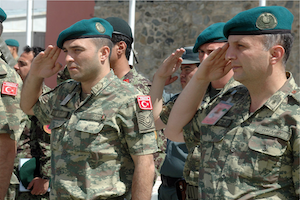
Turkey Fifteen Years After: The AKP regime's power as context shaping
By Toni Alaranta
September 1, 2017
After fifteen years of Islamic-conservative state transformation, it is increasingly difficult to unmake the ideological-material powerbase that keeps the AKP in power. The state transformation project in Turkey has not only changed the circumstances within which any opposition group needs to operate, it has also, to a large extent, started to change the very language that can be used while addressing the most essential socio-political issues. One of the most explicit indications of the AKP’s ability to redefine the sociopolitical horizons is the worrisome lack of Western-inclined forces in Turkey. The Kemalist circles are arguably excessively nationalist. However, they, unlike the liberals, at least have a relatively coherent constituency and ideology for mass mobilization. And the liberals cannot hope to succeed in building a democratic society without a direct backing from some type of nationalist-inclined mass movement.
